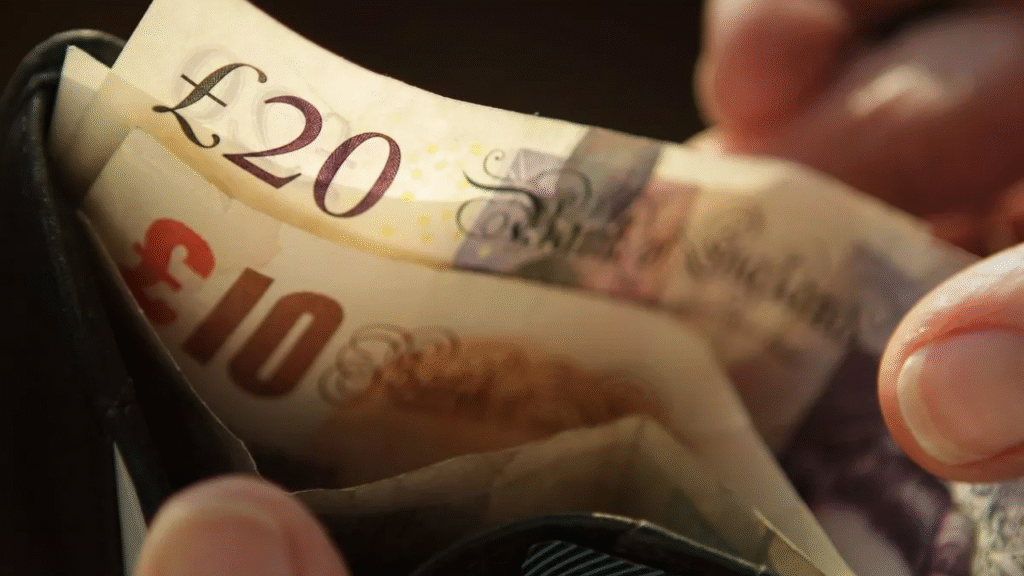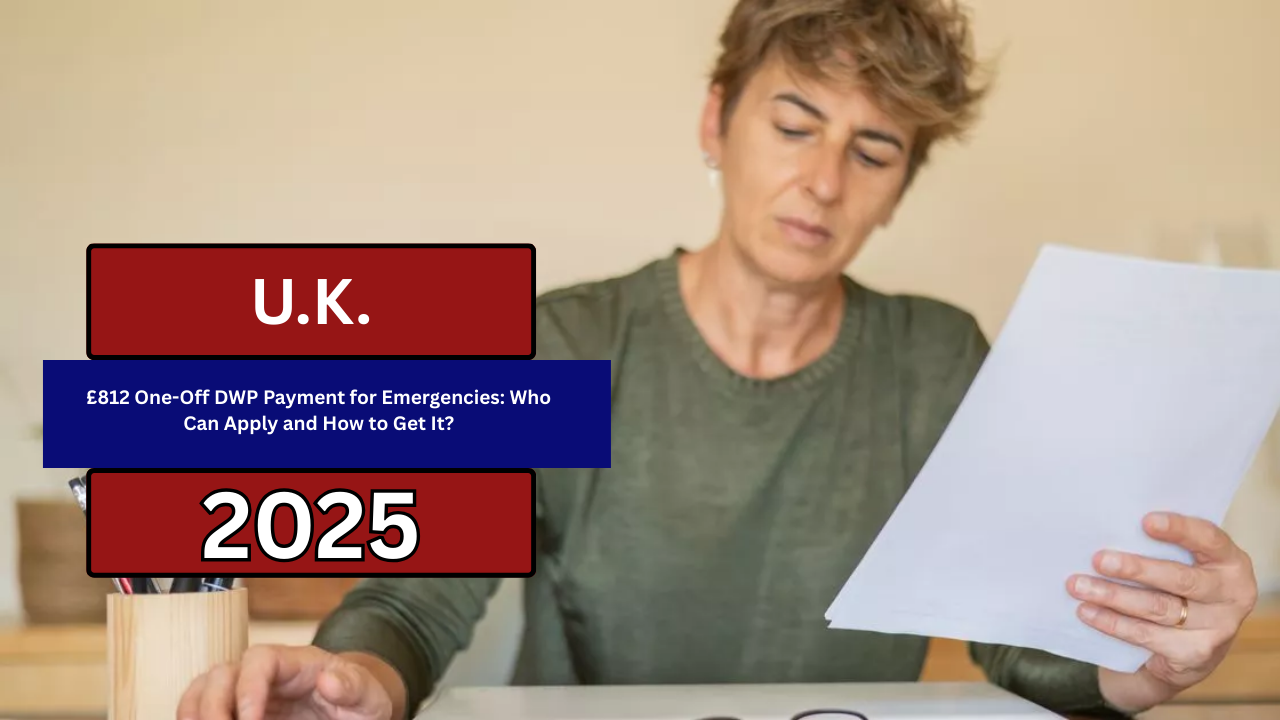The Department for Work and Pensions (DWP) offers financial assistance to those facing unexpected household expenses through its budgeting advance loan.
This can be especially helpful for individuals receiving Universal Credit who need urgent funds for a variety of situations, such as replacing broken appliances, home repairs, moving house, or handling funeral costs.
If you are struggling with financial emergencies, this loan could provide a temporary solution, ensuring your essential needs are met.
What is a Budgeting Advance Loan?
A budgeting advance is a loan provided by the DWP to help people manage emergency household expenses. The loan is available to Universal Credit claimants who require immediate help with household repairs, replacing essential appliances, moving house, or paying for unexpected costs like funeral expenses.
The loan can cover a wide range of emergency needs and is an excellent financial resource for those facing difficult situations.
One of the key advantages of this loan is that it does not carry any interest, which means that claimants only repay the amount they borrowed without worrying about additional charges.
However, the loan must be repaid through future Universal Credit payments, usually within two years. This makes it important for individuals to plan their finances and ensure that they can manage repayments alongside their regular living costs.
How Much Can You Get?
The amount you can borrow depends on your circumstances. The minimum loan is £100, and the maximum can be as much as £812 if you have children. The amounts vary as follows:
- £348 for a single person
- £464 if you are part of a couple
- £812 for individuals with children
The exact amount you are eligible for will depend on several factors, including your household situation, income, and the nature of the emergency.
How to Qualify for a Budgeting Advance Loan?
To qualify for a budgeting advance, you must meet the following criteria:
- Receiving Universal Credit: You must have been receiving Universal Credit for at least six months to be eligible. If you need the loan for work-related purposes (e.g., buying work tools or uniforms), you can apply even if you’ve been claiming for less than six months.
- Income Limit: Your earnings over the last six months should be below £2,600 if you’re single, or £3,600 if you live with a partner.
- Savings Limit: If your savings exceed £1,000, the loan amount will be reduced by the excess savings. For instance, if you have £1,100 in savings, your loan will be reduced by £100.
- Repayment History: You are not eligible for a second budgeting advance until you have repaid your previous loan in full.
Reasons You Can Apply for a Budgeting Advance

You can apply for a budgeting advance for several emergencies, including:
- Replacing broken essential appliances such as your fridge, boiler, or washing machine
- Home repairs that are critical to the habitability of your home
- Moving costs or rent deposits
- Funeral expenses
- Travel costs for essential journeys
- Buying work uniforms or tools
- Maternity-related expenses
- Emergency expenses that arise unexpectedly
How to Apply for a Budgeting Advance?
To apply for a budgeting advance, there are several methods you can use:
- Universal Credit Journal: You can post a message through your Universal Credit online journal explaining why you need the advance.
- Jobcentre Contact: You can contact your local jobcentre or the Universal Credit helpline at 0800 328 5644 to request assistance with your application.
It’s important to note that you are still required to repay the loan, even if you stop claiming Universal Credit. The DWP has the authority to contact your employer or a debt collection agency to recover any unpaid amounts.
Important Points to Consider
- Repayment: As the loan is repaid through your future Universal Credit payments, you should ensure that your budget allows for these repayments. The DWP typically spreads the repayments over two years.
- Impact on Future Claims: If you default on the loan repayment, the DWP can take action to recover the funds, including contacting a debt collection agency or your employer.
- Loan Amounts: You can only receive one budgeting advance at a time. If you still owe money from a previous loan, you will not be eligible to apply for another.
How Does the Loan Impact Your Universal Credit Payments?
Universal Credit payments are made up of several components, including a standard allowance, child element, and other allowances based on your circumstances. The budgeting advance loan is repaid through these payments, so it’s important to understand how these elements work to manage your finances effectively.
Here are some key Universal Credit rates:
- Single under 25: £316.98 per month
- Single 25 or over: £400.14 per month
- Joint claimants both under 25: £497.55 per month
- Joint claimants, one or both 25 or over: £628.10 per month
- Child element (first child): £339 per month (for children born before April 6, 2017)
- Child element (subsequent children): £292.81 per month
The amount you receive from Universal Credit can be adjusted based on your circumstances, and any deductions for loan repayments will affect your monthly income. Therefore, it’s important to keep track of both your repayments and other household expenses to avoid financial strain.
Conclusion
The DWP budgeting advance loan offers crucial support for those in need of emergency financial assistance. It can help cover a wide range of unexpected expenses, from replacing essential appliances to paying for funeral costs.
While it provides a temporary solution, it is important to remember that the loan must be repaid through future Universal Credit payments.
If you are facing an emergency and meet the eligibility criteria, applying for a budgeting advance could provide the financial support you need to get through a challenging time. Make sure to understand the terms of the loan, including the repayment schedule, to avoid any future financial complications.



